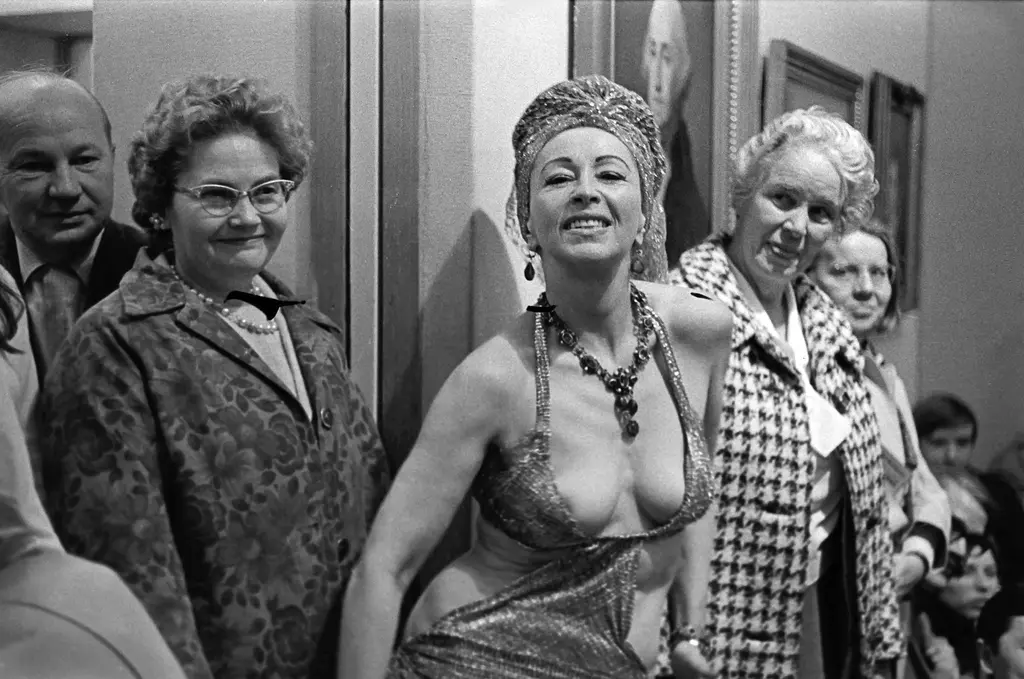The Smarteez on South Africa’s ongoing struggle for equality
- Text by Huck HQ / Alex King
- Photography by Petter Ringbom

#48 – The Smarteez
Tucked away in the back streets of Soweto lies a small, cluttered studio. The walls are plastered with tabloid posters pulled from walls around Johannesburg, with headlines like ‘Frozen Chicken Train Wreck’, ‘Graveyard Harvest Time’ and ‘Goat in Sex Scandal.’ Fabric with bright colours and bold patterns is stacked neatly in one corner and smaller pieces are littered around the room. It’s home to Floyd Avenue, Kepi Mngomezulu, Sibu Sithole and Thabo Tsatsinyane, four menswear designers who, as fashion collective The Smarteez, have brought township street style to the catwalk and are helping to change Soweto’s image worldwide.
South Africa is experiencing a creative revolution right now, and some of the freshest ideas and most inspiring people are coming out of former townships like Soweto. The Smarteez are the best-dressed stars in this exciting new wave of art, music, photography and fashion. They create technicolor couture for the first post-apartheid ‘Rainbow Generation’ and are determined to take full advantage of their freedom in the new South Africa by defiantly refusing any constraints on their self-expression.
Floyd was eight when Nelson Mandela became president in South Africa’s first free elections in 1994. For his parent’s generation, Soweto is the spiritual home of the black freedom struggle but after two decades of democracy the area is reinventing itself as a creative powerhouse. For some of the older generation – who vividly remember the brutality of Apartheid – the flamboyant fashion experiments of The Smarteez can be hard to swallow. Floyd’s vintage-inspired pieces reference the past to comment on social issues and he remembers the bitter outcry when he repurposed the traditional pith helmet, a symbol of European colonialism. Floyd acknowledges the weight of past sacrifices, but argues it’s important to push forward. His generation is in a different place. Pointing out the multi-racial staff and customers surrounding him in the smart Braamfontein coffee shop he explains:
“We don’t really have that hate or divide between us, you know? Our parents are very submissive people. They were made to feel inferior and they wanted to pass that down to our generation: this is how you do things, this is how you don’t do things. We’re breaking through those barriers. We are all equal. We need to take pride in who we are and where we are, and that needs to start with supporting each other.”
This is just a short excerpt from Huck’s Fiftieth Special, a collection of fifty personal stories from fifty inspiring lives.
Grab a copy now to read all fifty stories in full. Subscribe to make sure you don’t miss another issue.
You might like

Capturing life in the shadows of Canada’s largest oil refinery
The Cloud Factory — Growing up on the fringes of Saint John, New Brunswick, the Irving Oil Refinery was ever present for photographer Chris Donovan. His new photobook explores its lingering impacts on the city’s landscape and people.
Written by: Miss Rosen

Susan Meiselas captured Nicaragua’s revolution in stark, powerful detail
Nicaragua: June 1978-1979 — With a new edition of her seminal photobook, the Magnum photographer reflects on her role in shaping the resistance’s visual language, and the state of US-Nicaraguan relations nearly five decades later.
Written by: Miss Rosen

Youth violence’s rise is deeply concerning, but mass hysteria doesn’t help
Safe — On Knife Crime Awareness Week, writer, podcaster and youth worker Ciaran Thapar reflects on the presence of violent content online, growing awareness about the need for action, and the two decades since Saul Dibb’s Bullet Boy.
Written by: Ciaran Thapar

Volcom teams up with Bob Mollema for the latest in its Featured Artist Series
True to This — The boardsports lifestyle brand will host an art show in Biarritz to celebrate the Dutch illustrators’ second capsule collection.
Written by: Huck

A visual trip through 100 years of New York’s LGBTQ+ spaces
Queer Happened Here — A new book from historian and writer Marc Zinaman maps scores of Manhattan’s queer venues and informal meeting places, documenting the city’s long LGBTQ+ history in the process.
Written by: Isaac Muk

Nostalgic photos of everyday life in ’70s San Francisco
A Fearless Eye — Having moved to the Bay Area in 1969, Barbara Ramos spent days wandering its streets, photographing its landscape and characters. In the process she captured a city in flux, as its burgeoning countercultural youth movement crossed with longtime residents.
Written by: Miss Rosen

